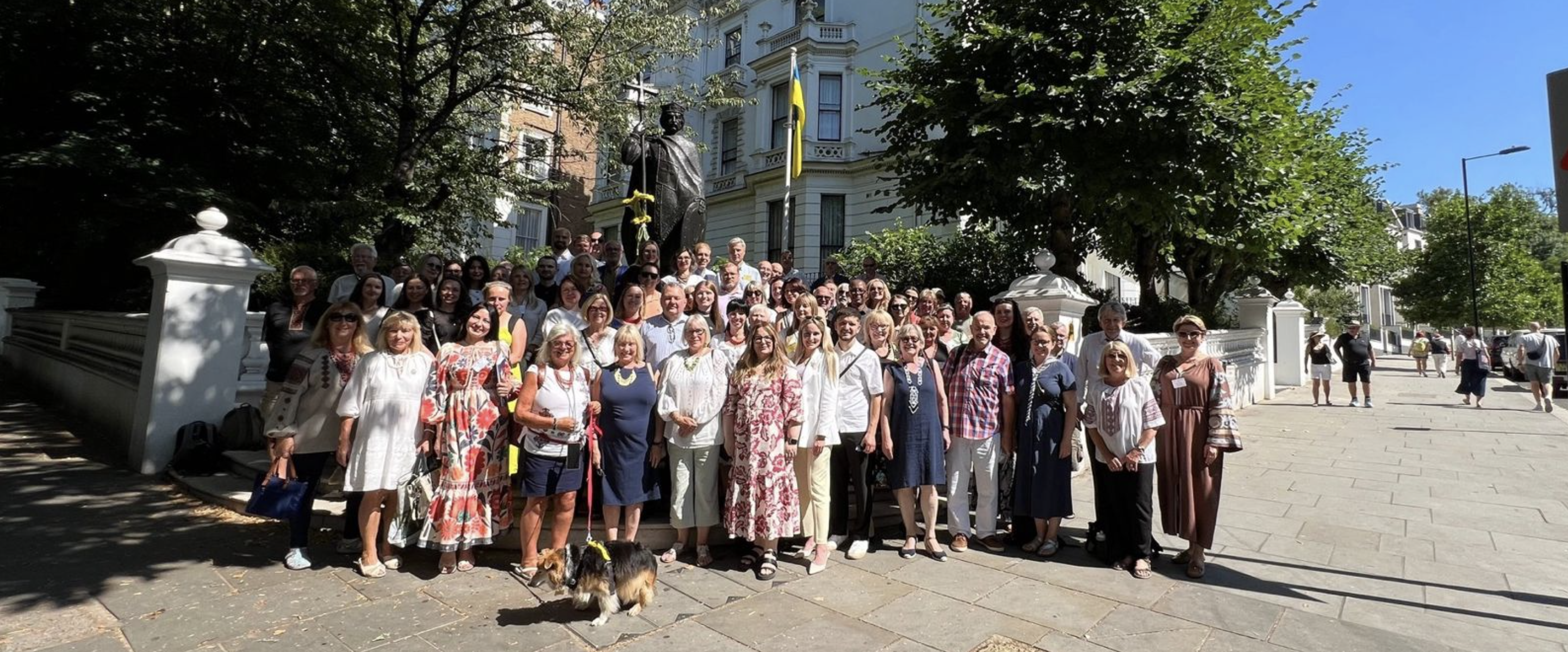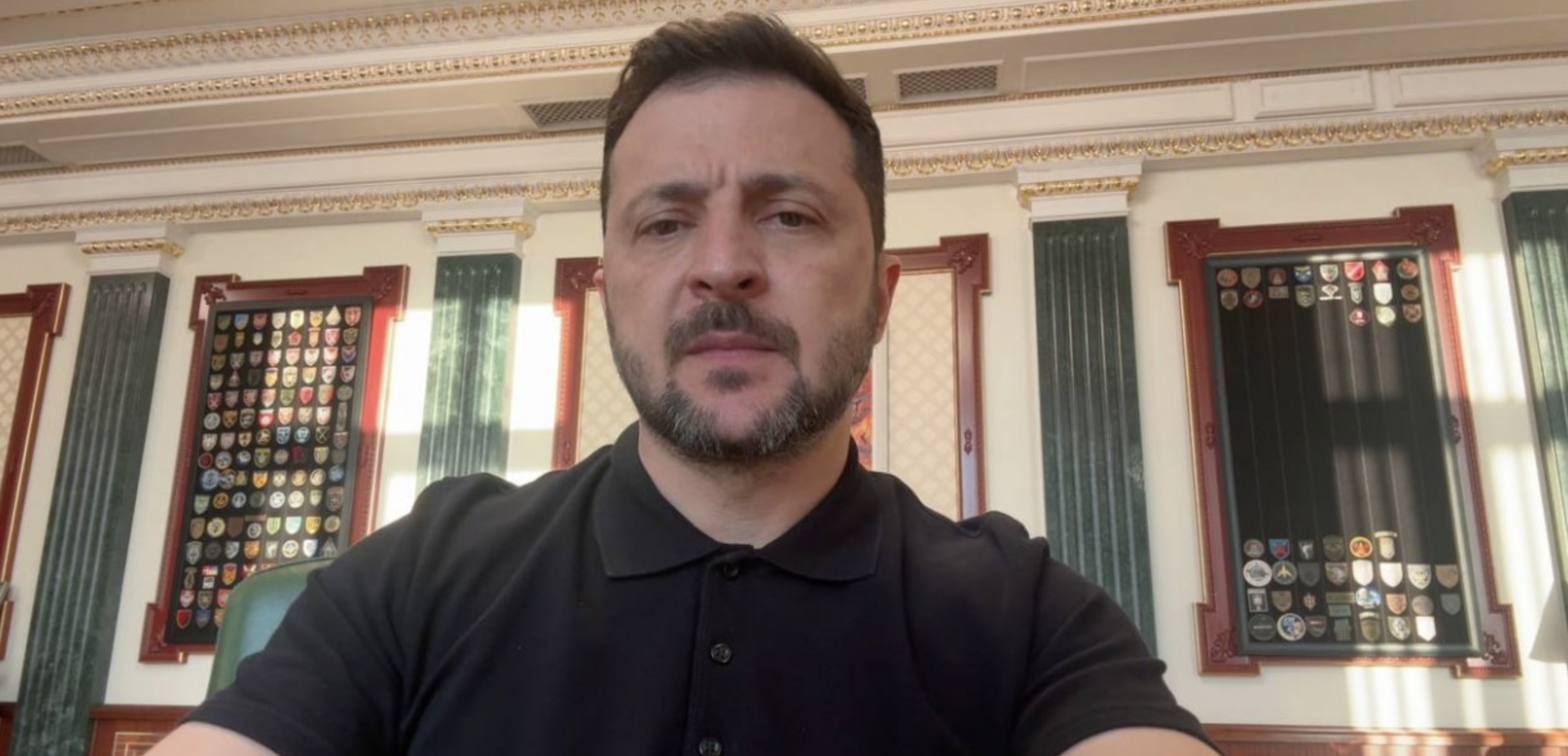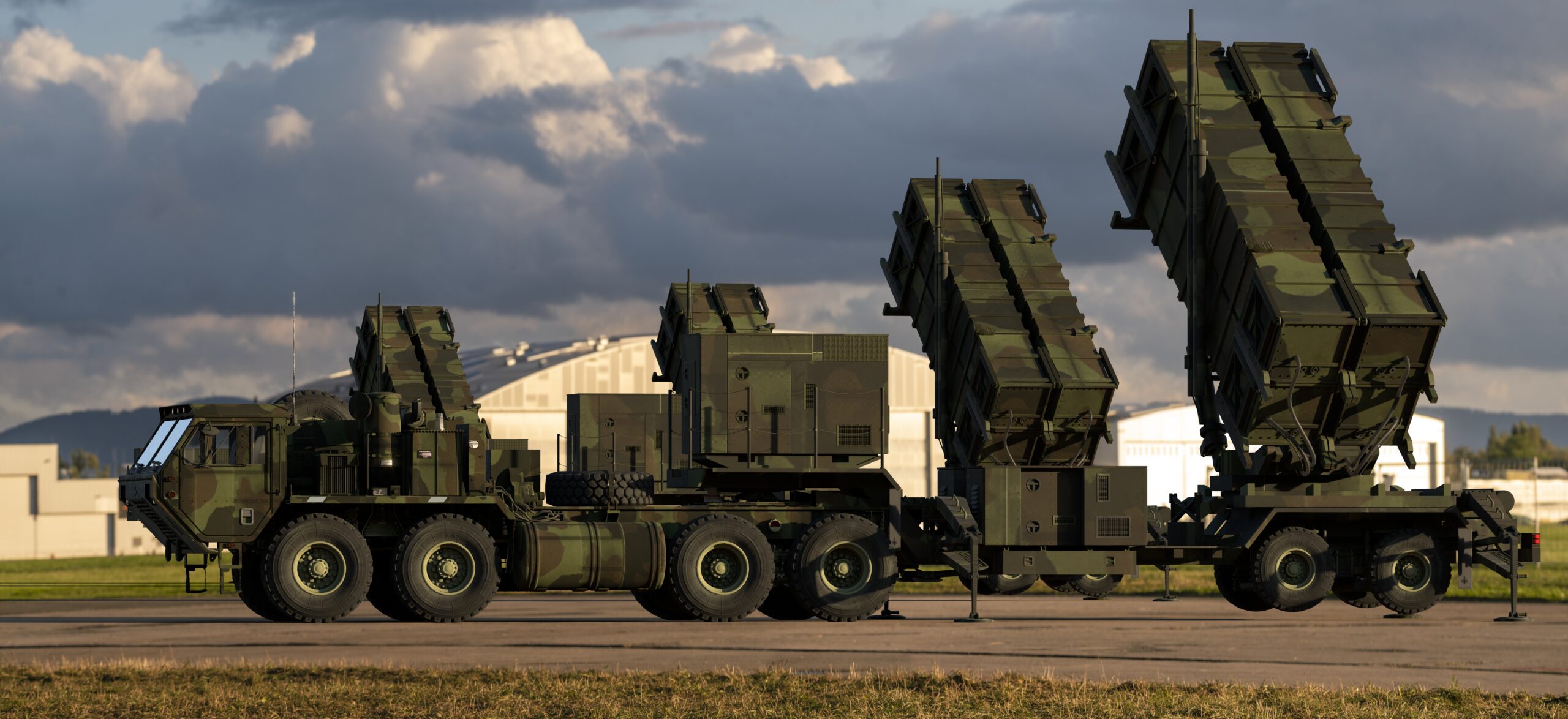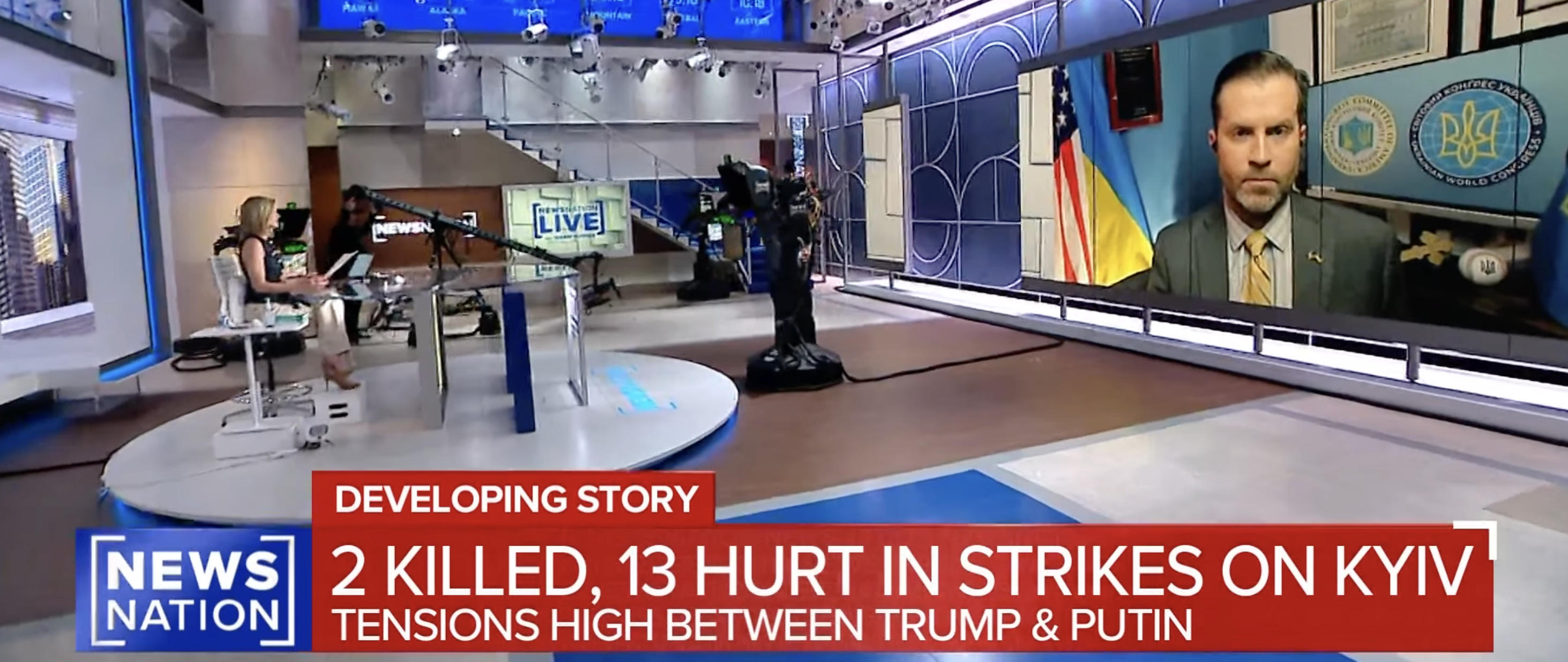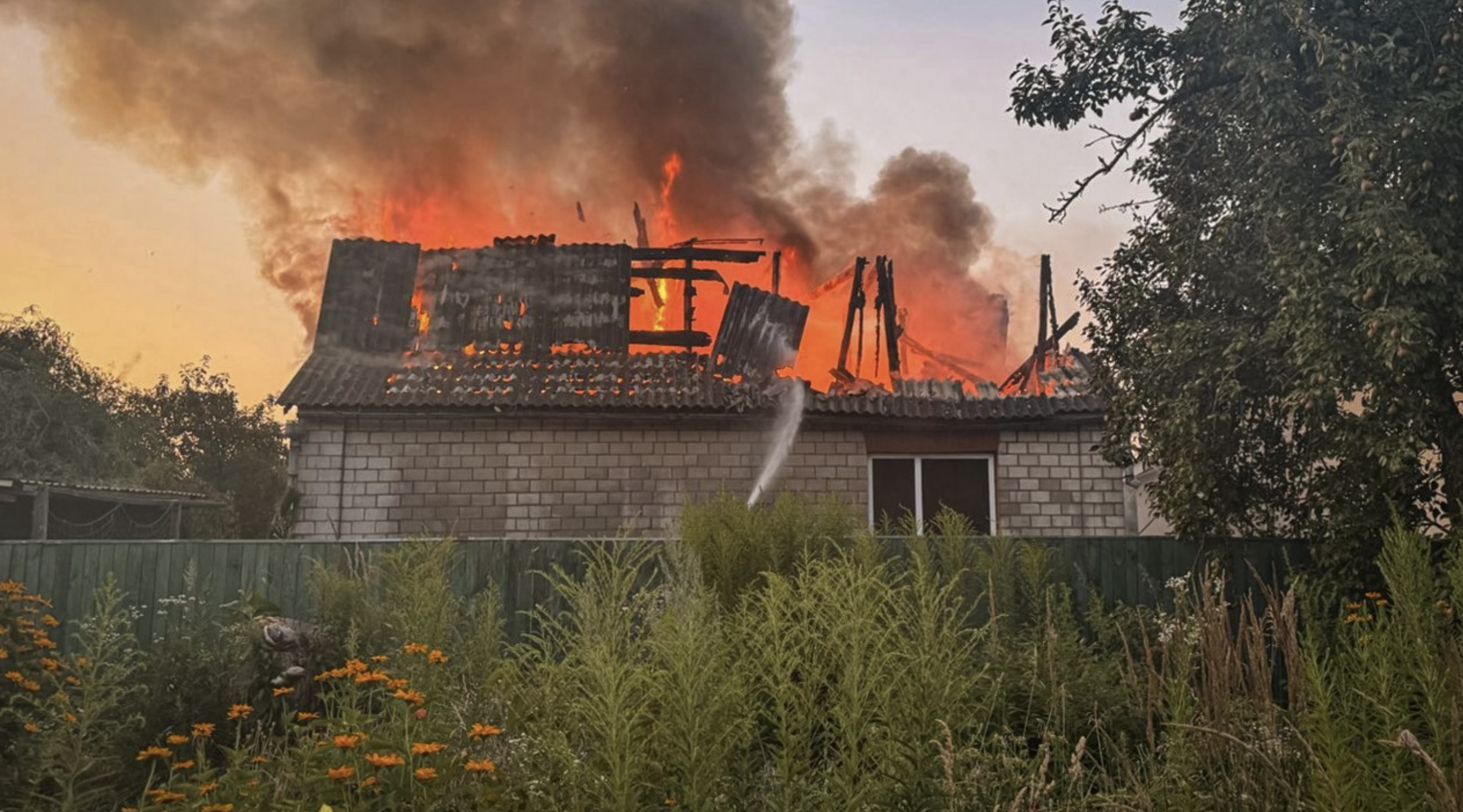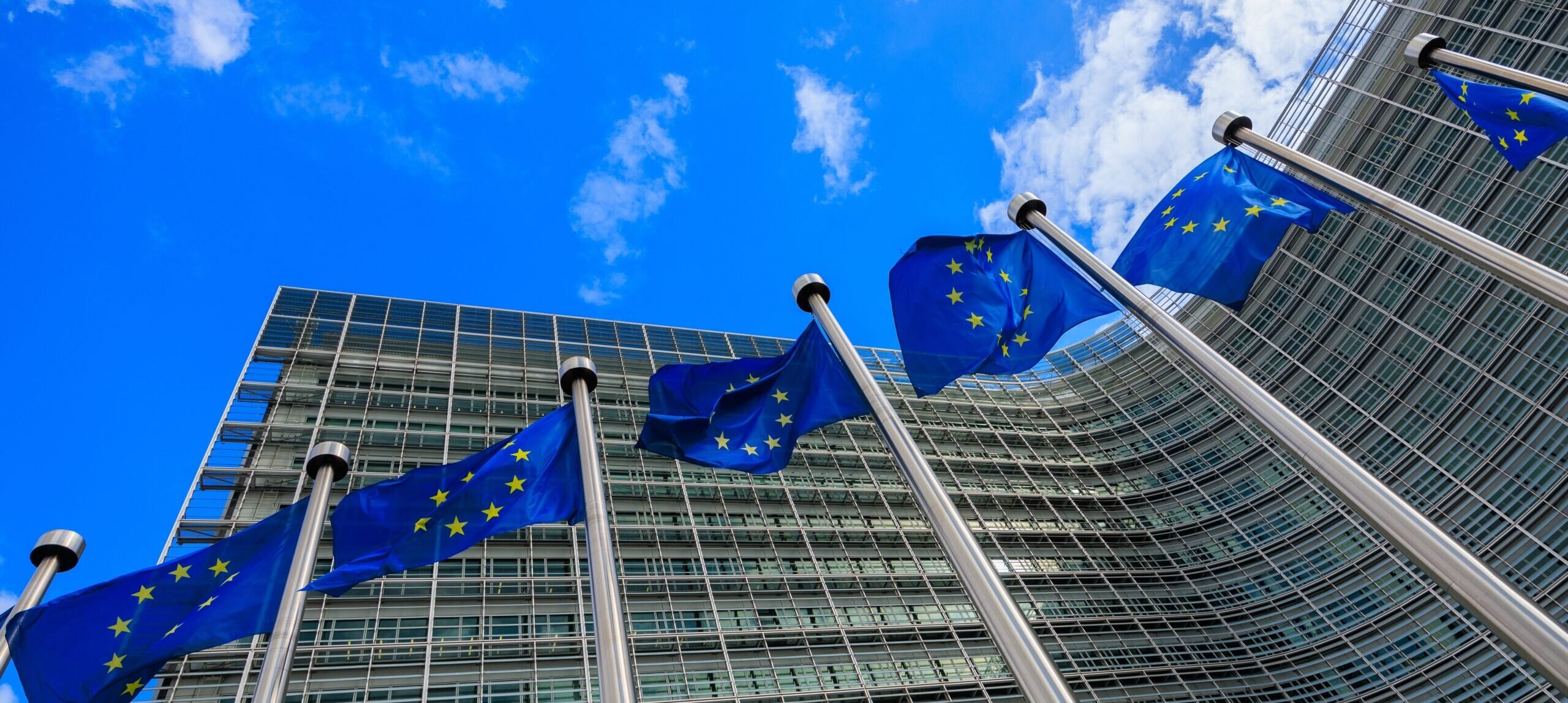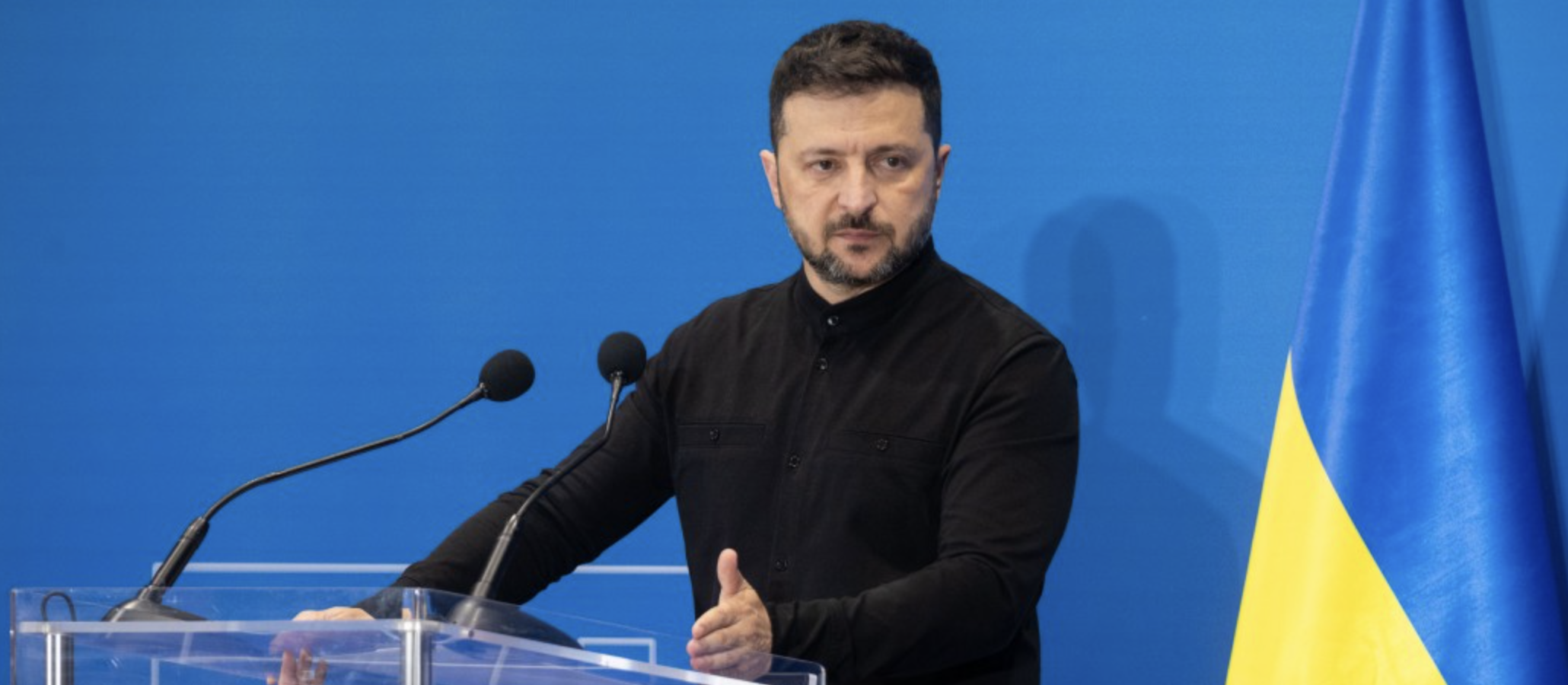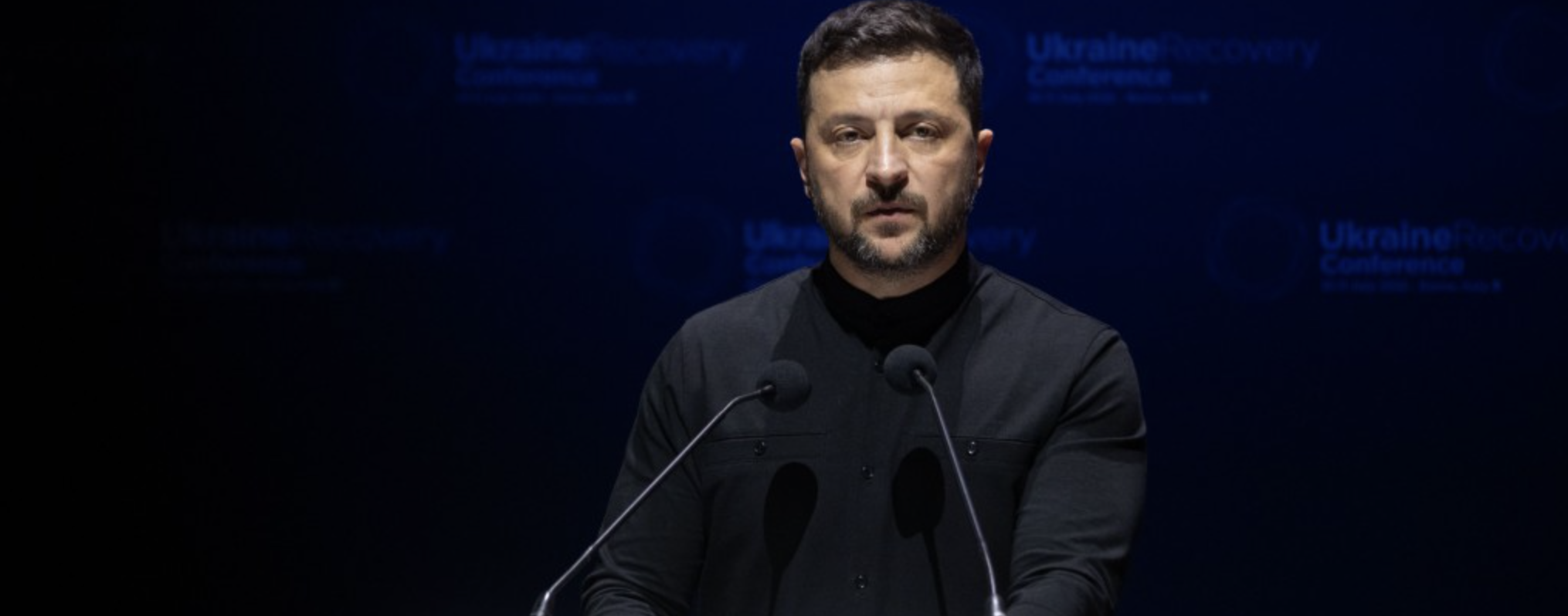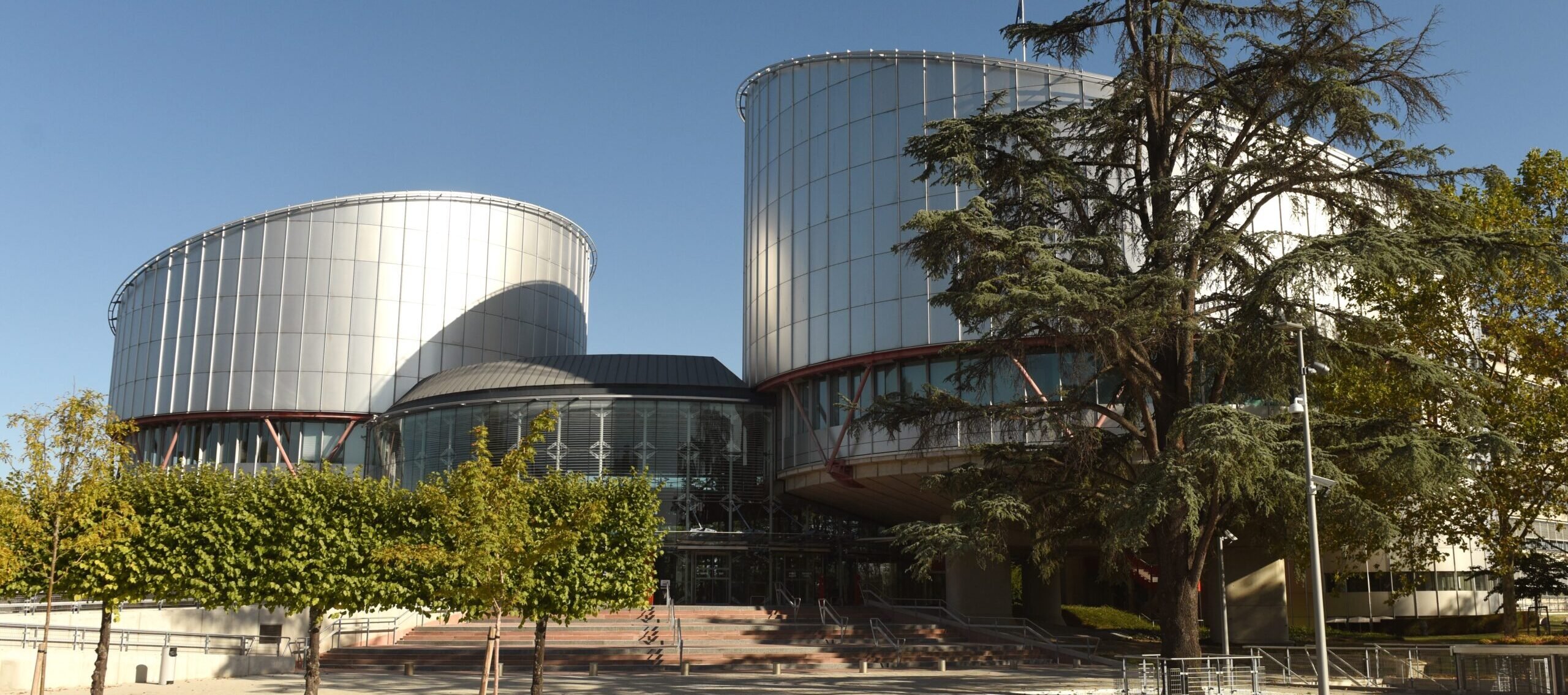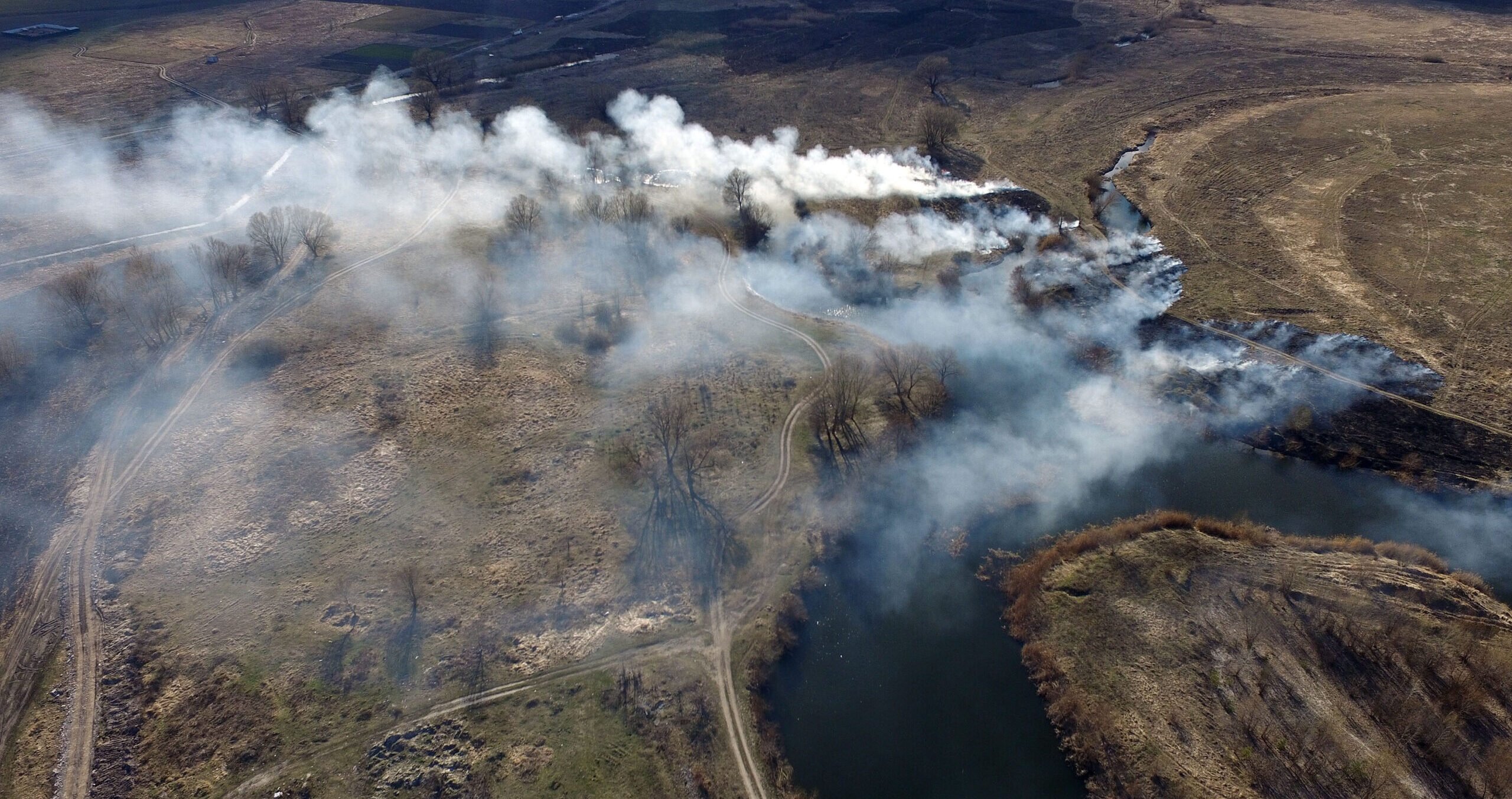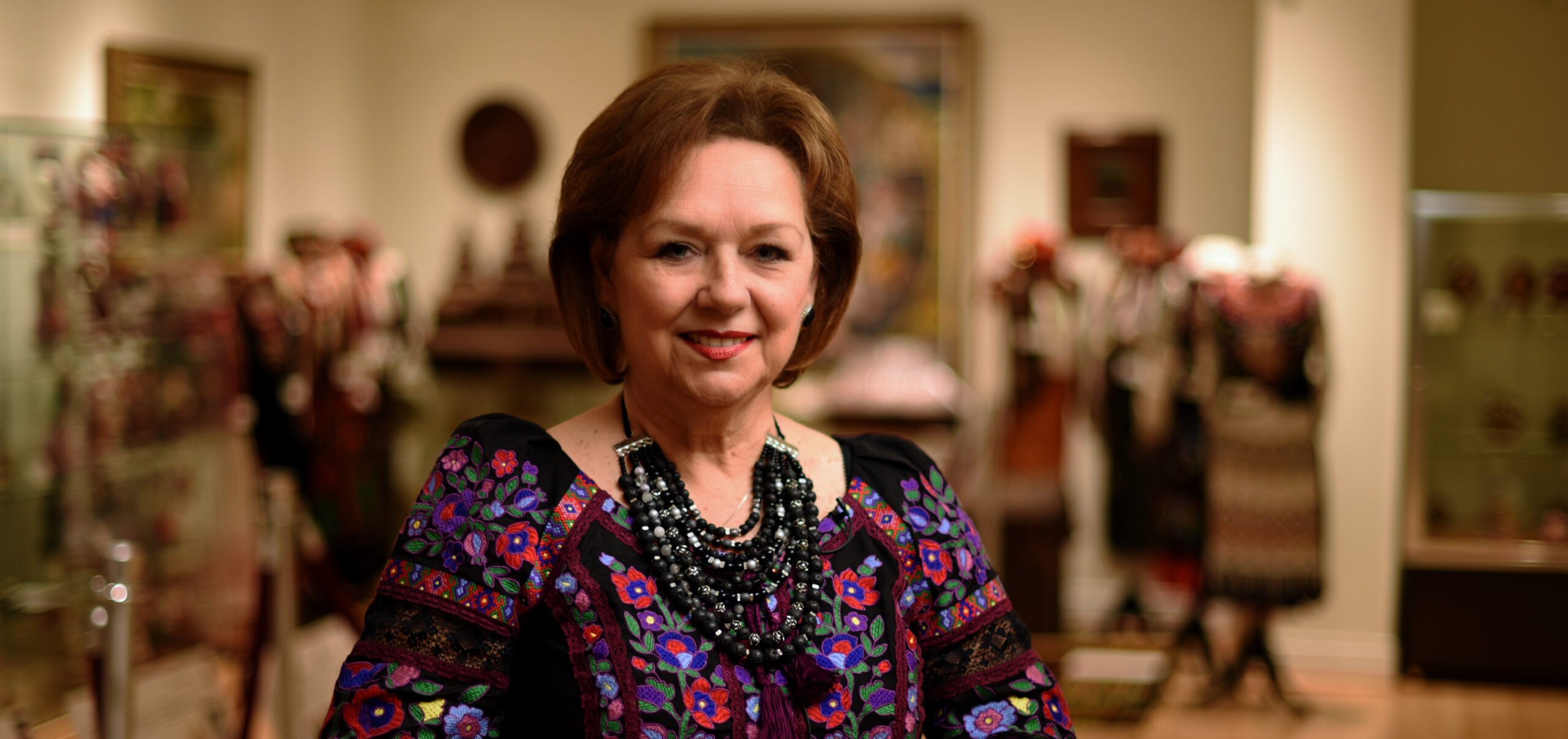
(Holodomor 91st Anniversary Commemoration)
Olya Soroka, Head, Holodomor Committee of the Ukrainian World Congress
Chicago, IL 2024 – 11-24
This weekend, we join Ukrainians worldwide in solemnly commemorating the memory of millions of innocent victims who were murdered and those who endured unimaginable horrors during the Holodomor—an act of genocide inflicted upon our nation by the brutal moscow regime. Ninety-one years ago, the Soviet totalitarian regime orchestrated a man-made famine during a time of abundant harvests to destroy the Ukrainian people, who refused to submit to moscow’s rule and the forced collectivization of their farms. Millions of innocent men, women, and children perished from hunger while the ruling elite in moscow feasted and celebrated.
Ukraine has always been, and will always remain, a nation of peace-loving people who cherish their independence and the freedom to shape their own destiny. We take pride in our rich history, vibrant culture, lyrical language, and enduring faith in God. Over the past three centuries, we have faced immense challenges—subjugation by foreign powers, the plundering of our fertile lands, and repeated attempts by the moscow regime to obliterate the Ukrainian identity. Yet we remain steadfast in our determination to define our own future as a sovereign country, preserve our culture as a proud nation, and protect our language as an enduring symbol of our identity. This resilience is exemplified today by the bravery of the men and women defending Ukraine against Russia’s genocidal war.
We can only imagine the profound suffering endured by the victims of the Holodomor, who resisted totalitarian oppression with unwavering courage. For those who survived, the trauma of those dark years remained etched in their memories and souls for the rest of their lives. Today, we honor their memory and pledge never to forget their sacrifices. We vow to pass on the truth about the Holodomor to future generations so that its history remains known and its lessons never forgotten.
Even 91 years later, the Ukrainian nation continues to bear the scars of the Holodomor. It has left an indelible mark on our collective identity—one we are only now beginning to fully comprehend. Yet, through remembrance and resilience, we affirm our commitment to justice, truth, and the enduring spirit of Ukraine.
Inna Shugalyova of the National Museum of the Holodomor-Genocide in Kyiv, Ukraine writes:
“The Holodomor of 1932–1933126, organized by the Stalinist totalitarian regime in Ukraine, led to the deaths of millions of Ukrainians, and hundreds of thousands more were subjected to repression and deportation. The people who survived lost their own identity forever, since the famine artificially arranged by the communists deformed food traditions, changed the psychological perception of the surrounding world, transformed attitudes towards oneself and society as a whole, caused the loss of health of those who survived it, and had powerful transgenerational consequences for future generations.”
While many people are aware of the history of the Holodomor, few have fully considered its transgenerational effects on the descendants of survivors. It is well understood that survivors of such a horrific tragedy would endure profound psychological and physical impacts. However, less attention has been given to how these effects extend beyond the survivor generation. Recent research by the National Museum of the Holodomor-Genocide in Kyiv, the Institute of National Memory in Ukraine, and psychologist Brent Bezo of Carleton University in Canada reveals that these transgenerational effects are now evident even in the grandchildren of survivors. These effects span physiological, psychological, and sociological dimensions.
Survivors lived with the despair of hunger, poverty, and a pervasive sense of spiritual hopelessness. Even if they did not verbalize these experiences—many refrained from speaking about the Holodomor—their children observed the behavioral changes and were undoubtedly affected.
Although the Holodomor failed to achieve Stalin’s goal of eradicating the Ukrainian nation, it left an indelible mark. Ukrainians emerged from this genocide with a devastating lesson: maintaining their Ukrainian identity under the Soviet totalitarian regime could result in arrest, torture, starvation, or death—not only for themselves but for future generations. As a result, many survivors and their descendants adapted to the pressure of russification. They altered their surnames to russian forms, adopted the russian language, and relinquished their rich ancestral culture, assimilating into the identity of those who perpetrated the Holodomor-genocide.
In his 2010 research, Ukrainian psychologist Andriy Maslyuk of Volyn University identified low levels of resistance to authority and a diminished desire to protest as transgenerational traumatic effects of the Holodomor. Studying the descendants of Holodomor victims in Kyiv, Pryluky, and the village of Pisky, Maslyuk found that only 6.6% were capable and willing to resist totalitarian regimes openly.
This response becomes understandable when we consider the trauma endured by Ukrainians during the Holodomor. The Soviet regime’s brutality and inhumanity left Ukrainians with no viable way to win; survival required submission. Unknowingly, their minds and bodies absorbed the effects of this trauma. Recent research by psychologist Brent Bezo reveals further consequences: increased alcohol use among survivors as a coping mechanism, higher incidences of physical diseases, and a deep-seated distrust of government—even among descendants raised in the West.
Consider this: Have you ever wondered why your mother would prepare food for 20 guests when she invited only 10? Or why the pantry and freezers were always overflowing? Why bread could never be thrown out—or why a fallen slice was kissed before being picked up? These are all subtle but profound transgenerational effects of the Holodomor.
While Ukraine has not fully healed from the Holodomor, russia is once again committing genocide in its ongoing war against Ukraine, now surpassing 1,000 days. The tactics mirror those used during the Holodomor:
- Torturing and murdering those who resist tyranny
- Stealing Ukraine’s wheat and selling it abroad
- Forcibly displacing Ukrainians and resettling their homes with ethnic russians
- Banning the Ukrainian language and imposing russian as the default
What unites these genocides? Each followed moments of Ukrainian resistance to russian domination and significant progress toward independence. The genocidal war currently raging in Ukraine marks the third such atrocity in just over a century.
- In 1921-23, after Ukraine declared independence in 1918, russia responded with the murder of Ukraine’s intellectuals and leaders and triggered a famine that killed millions.
- In 1932-33, during a period of national rebirth, Stalin’s regime, fearing the loss of Ukraine as peasants resisted collectivization, orchestrated the Holodomor. Millions perished.
- In 2014 and 2022, fearing Ukraine’s growing democracy and independence, russia launched invasions to reassert control. This war rages on today.
Despite the glaring similarities between these genocides, today’s Ukraine is responding with remarkable strength. Much of this resilience stems from Western Ukraine, which largely escaped the Holodomor and has historically resisted russian oppression and those brave Ukrainians in Central and Eastern Ukraine who defiantly kept the Ukrainian identify alive quietly in their homes.
Courageous resistance movements like the Organization of Ukrainian Nationalists and the Ukrainian Insurgent Army, the leadership of the Church, and outspoken dissidents kept the spirit of defiance alive. Combined with the support of a patriotic diaspora and the experience of independence since 1991, this foundation allowed Ukraine to repel the initial russian invasion and sustain a valiant defense.
The scars of the Holodomor and other atrocities remain, but there is also a resurgence of the courage and spirit of our ancestors, the Kozaks, who first resisted the evil empire from the north over 300 years ago. The current generation, shaped by centuries of suffering, now stands as heroes fighting against overwhelming odds to protect Ukraine and preserve its identity for future generations.
The world now sees what it means to be Ukrainian. Despite centuries of oppression, genocide, and war, the Armed Forces of Ukraine fight valiantly under dire conditions. Volunteers tirelessly support soldiers, and the diaspora works to enlighten the world about the aggressor’s crimes. Together, in unity, Ukraine is strong. Ukraine will win.
We all have a role to play. Here’s how you can help now:
- Write to the President of the United States and urge recognition of the Holodomor as a genocide against the Ukrainian people. Contact your local legislators to amplify this call.
- Participate in community protests and commemoration events opposing russian aggression and memorializing victims and heroes.
- Protect the Ukrainian language, ranked the second most melodic in the world. Speak Ukrainian with family and friends and resist the encroachment of russian and anglicisms that dilute our language under the guise of modernization. Let’s preserve our linguistic identity.
Vichnaya Pamyat’—Eternal Memory to the victims of the Holodomor and today’s genocide. May they rest in peace with God.
Glory to Ukraine—Glory to her Heroes!
